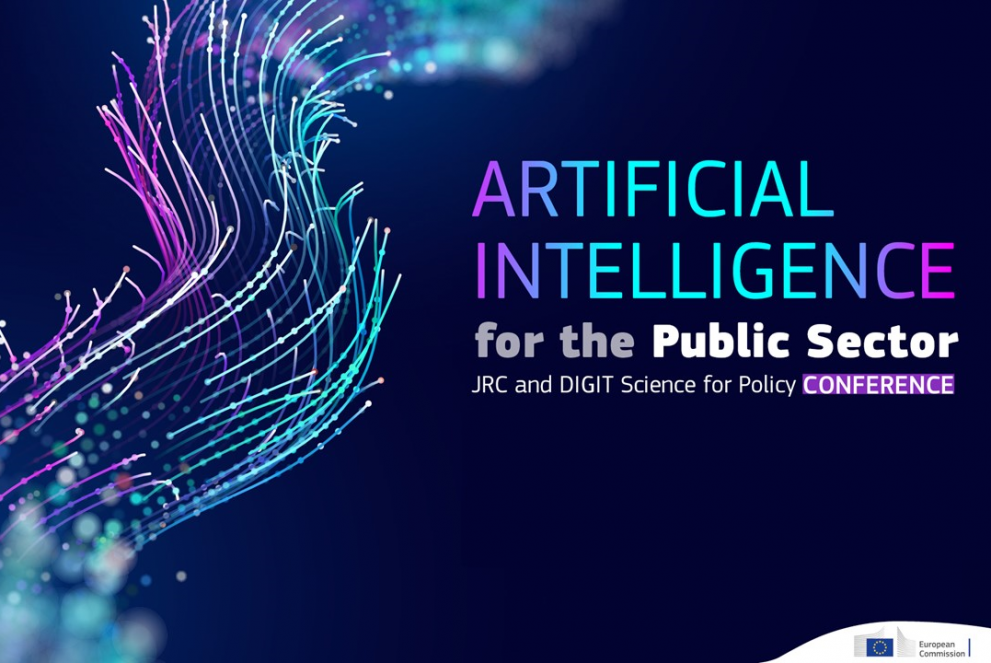
Commissioner for Budget and Administration, Johannes Hahn, will discuss with high-level participants the outcomes of a series of webinars that took place in early June, as well as the main findings of the recently published study of the Joint Research Centre on the European landscape on the use of Artificial Intelligence by the Public Sector.
Recent scientific findings regarding the presence of artificial intelligence in the public sector
The study highlights 700 cases of real use of AI in the public sector along with 16 recommendations for further developments. It was published along with a Handbook for a Road to the adoption of Artificial Intelligence by the public sector and gathers recommendations and actions for the public authorities in four areas of intervention: the promotion of an EU value-oriented, inclusive, human-centric and trustworthy AI; the enhancement of coordinated governance, the convergence of regulations and capacity building; the building of a shared and interactive AI digital ecosystem; and to monitor sustainability through co-created AI impact assessment frameworks.
According to another recent publication on the estimates of AI Investments in the European Union in 2020, the EU invested between 12.7 and 16 billion euros in AI, of which 67% in the private sector and the remaining 33% in the public one. In 2020, the year of the COVID-19 outbreak, the AI investments of the EU grew by 20-28%, compared to a growth of 43-51% in 2019.
Trust, collaboration and skills: key elements to reap all benefits of AI in the public sector
The participants in the early June webinars identified public trust as the key component of the adoption and diffusion of AI technologies, together with human oversight of its applications. AI reliance on data is a challenge, as it requires optimal government collaboration to assure high quality standards, strong legal security and privacy frameworks for an infrastructure that enable intra-institutional data sharing. Another conclusion was the persisting unequal diffusion of AI. Therefore, policies should ensure a balance between public and private sector expertise and capacity. Another finding of the discussions was that strengthening specific skills and profiles within the public sector is necessary to successfully develop AI.
Survey on the public procurement of AI systems
The Coordinated Plan on Artificial Intelligence 2021 Review presents an overview of the Commission and Member States joint actions to make the European public sector a trailblazer for using AI. In this context, public procurement is selected as a case study area that can provide evidence and operational recommendations on the uptake of AI by the public sector. The first step of such study was taken with the launch of an online survey that all interested stakeholders can fill in by 29 July 2022.
Background
The European Commission's 2030 Digital Compass proposes that, by 2030, all Member States have key public services available online. Artificial Intelligence is one of the technologies that could allow national and local administration to reach this goal and to provide large benefits and value for EU-citizens.
The Coordinated Plan on Artificial Intelligence 2021 Review presents an overview of the Commission and Member States joint actions to make the European public sector a trailblazer for using AI.
Related content
Sources
Details
- Publication date
- 22 June 2022
- Author
- Joint Research Centre
